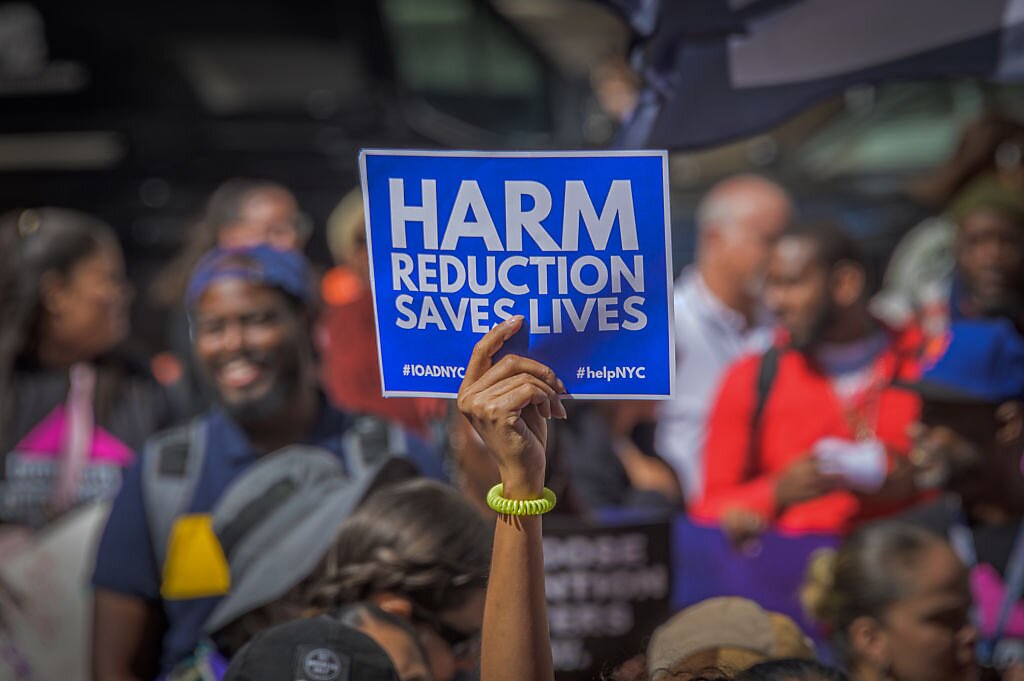On July 24, President Trump signed an executive order that, among other things, eliminates funding for harm reduction programs. Such programs (syringe services, naloxone and fentanyl test-strip distribution, overdose prevention sites) acknowledge that risky drug use will occur and focus on minimizing the health, social, and economic harms of those behaviors, rather than advocating for abstinence.
These programs appear to generate beneficial effects: needle exchange programs reduce the prevalence of HIV; supervised injection clinics save money and relieve disease burden from the healthcare system; and pharmacy-based intranasal naloxone distribution reduces opioid overdoses.
Yet federal funding of harm reduction has downsides. Such funding might appear to lower the cost of drug abuse, and even if this effect is minor, the perception makes the politics of legalization difficult. Convincing voters to accept other people’s drug use is one thing; convincing them to “pay for it” is another.
At the same time, the federal government should not impede state, local, or private support for harm reduction. Currently, federal law bans opening a safe injection site or drug “consumption room,” and the federal government can seize anything “primarily intended” for drug use, including drug-checking gear like fentanyl test strips.
The proper approach to harm reduction is legalization. By eliminating underground markets, this reduces the incentive for dealers to lace their substances with fentanyl while allowing consumers to protect themselves through legal channels. Legalization would allow for the safe purchase of needles, reducing disease transmission from needle-sharing. And while some claim that legalizing needles increases drug overdoses, recent research finds otherwise. Finally, legalization reduces the many ills of underground markets, such as violence and corruption.
In short, the safest—and most principled—way to curb drug-related harms is for Washington to abstain from either subsidizing or criminalizing and instead allow individual decisions and private mechanisms to balance the harms and benefits of drug use.
This article appeared on Substack on August 14, 2025. Jonah Karafiol, a student at Harvard College, co-wrote this post.


